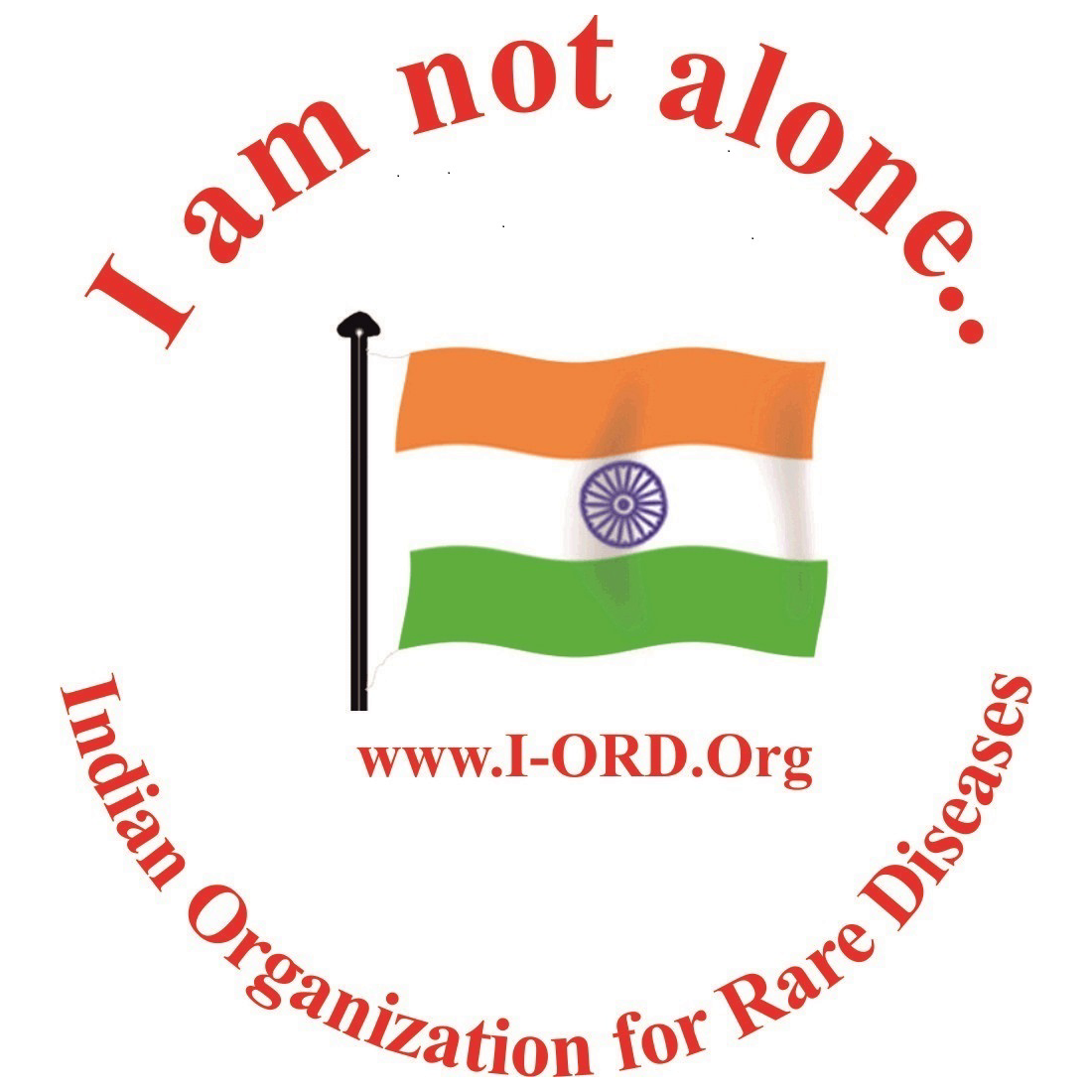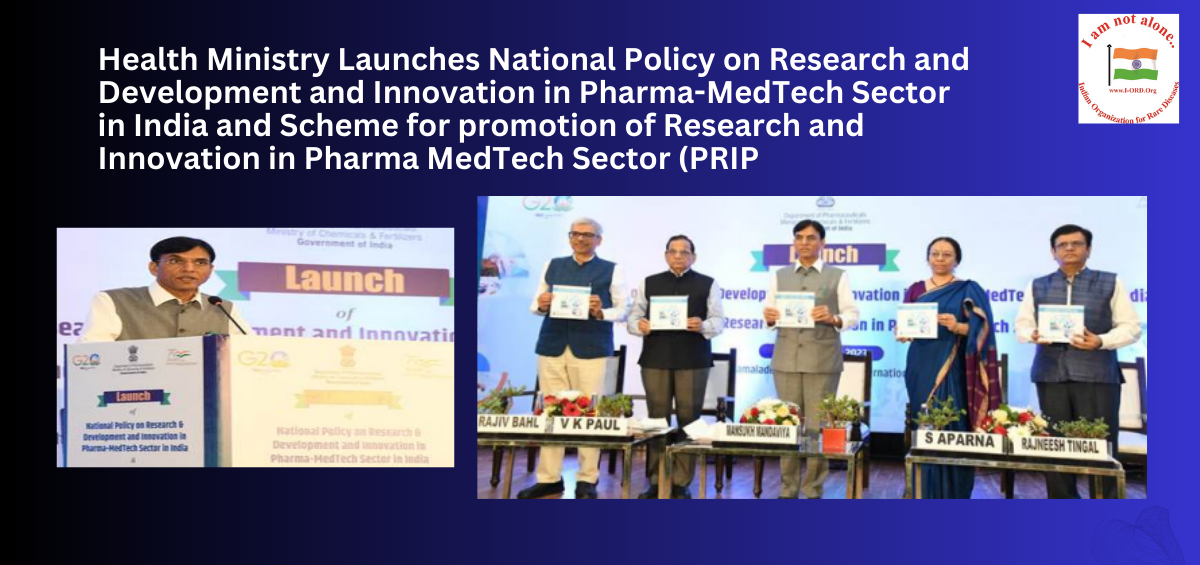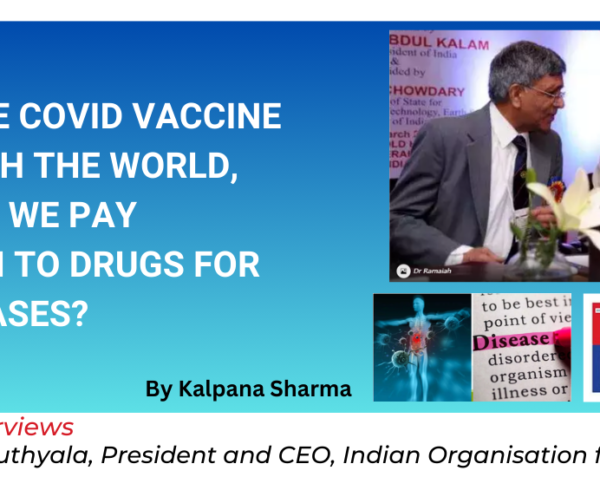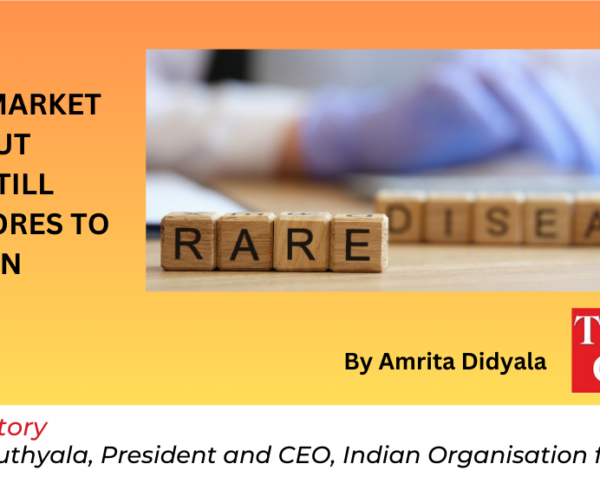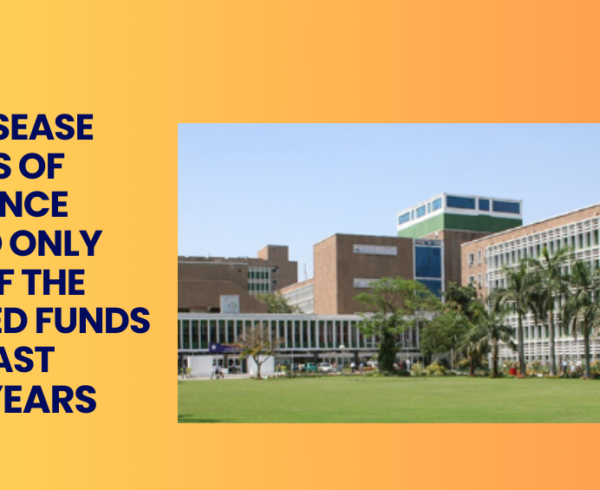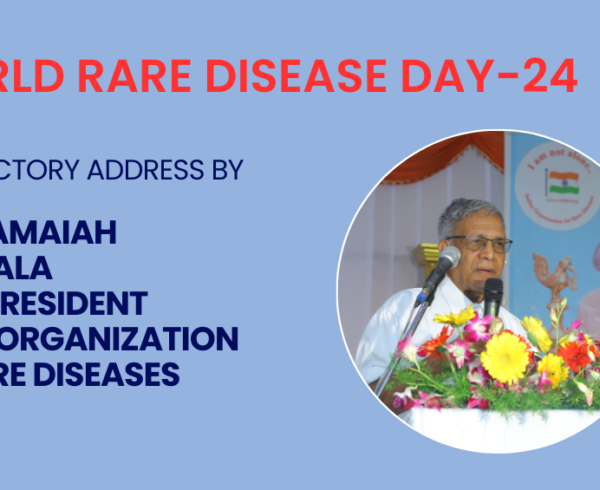In a boost for rare disease advocacy in India, the Indian government has launched the “National Policy on Research and Development and Innovation in Pharma-MedTech Sector in India” and the “Scheme for Promotion of Research and Innovation in Pharma MedTech Sector (PRIP)”. They focus on fostering research, development, and innovation in the pharmaceutical and medical technology sectors in India.
Some part of these polices focus on rare diseases, gene therapy, orphan drugs and precision medicines. Here are the brief outlines of these policies on the subject of rare diseases, according to a central government statement published here.
Scheme for Promotion of Research and Innovation in Pharma MedTech Sector (PRIP)
• This scheme provides support for research and innovation in the pharmaceutical and medical technology sectors, with a specific mention of orphan drugs.
• Orphan drugs are medicinal products intended for rare and serious diseases. The scheme recognizes the existence of around 450 rare diseases in India and acknowledges the importance of research in this area. The policy focuses on medicinal products intended for diagnosis, prevention or treatment of life threatening or very serious diseases or disorders that are rare.
The recognition of orphan drugs within the PRIP scheme indicates a consideration of rare diseases in the broader policy framework.
Background: Pharmaceutical Sector Overview
• The pharmaceutical sector in India is seeking ways to enhance its global competitiveness through research and innovation.
• India currently holds a 3.4% market share of the global pharmaceutical industry and aims to increase it by focusing on growth enablers.
• There’s a need to shift the industry’s focus to new areas for future growth.
Innovation Focus:
• The text mentions that the pharmaceutical industry in India is currently concentrated on generic drugs, but there is a need to shift towards high-value production and world-class pharmaceutical research and development (R&D).
• It highlights the importance of fostering research and innovation in areas such as bio-pharmaceuticals, complex generic drugs, patented drugs, and cell-based or gene therapy drugs.
Medical Device Sector:
• The medical device sector in India is growing, driven by factors like population growth, increased income, and demand for healthcare infrastructure.
• It also mentions the importance of innovative products, including digital devices and wearables, which align with India’s IT skills and digital ecosystem.
Animal Health Care:
• The text briefly discusses the animal health care sector in India and the economic impact of animal disease outbreaks.
• It suggests that research and innovation in pharmaceuticals can also benefit animal health care, aligning with the “ONE HEALTH” concept.
Objectives of the Scheme:
• The primary objective of the PRIP scheme is to shift the Indian Pharma MedTech sector from a cost-based to an innovation-based growth model.
• The scheme aims to promote industry-academia collaboration, nurture scientific talent, and contribute to quality employment generation.
Components of the Scheme:
• The scheme has two main components: strengthening research infrastructure and promoting research in Pharma MedTech.
• Component B focuses on encouraging industry investment in research and development in priority areas, divided into three categories.
Priority Areas for Research:
• Among the priority areas, “Area/Product 5” explicitly mentions “Orphan Drugs,” which are medicinal products intended for rare and serious diseases.
• It specifies that there are about 450 rare diseases recorded in India in tertiary care hospitals.
Financial Outlay:
• The scheme has a financial outlay of ₹5,000 crore over a period of 5 years from the financial year 2023-24 to 2027-28.
National Policy on Research & Development and Innovation in the Pharma-Med Tech Sector in India
• This policy primarily emphasizes creating an ecosystem for innovation in the pharmaceutical and medical technology sectors. While it doesn’t explicitly address rare diseases or gene therapy, it highlights the need for India to become a leader in drug discovery and innovative medical devices.
• It acknowledges the emergence of therapies like gene therapy and precision medicines globally. While these are not singled out in the policy, the focus on innovation and research can indirectly benefit the development of such advanced therapies.
• The policy aims to enhance the domestic availability and affordability of new-age therapeutics, which could include treatments for rare diseases and gene therapies.
Background:
• The Indian pharmaceutical industry is the 3rd largest globally.
• The industry aims to grow to USD 120-130 Billion over the next decade.
• India is known as the ‘Pharmacy of the World’.
• The industry has played a significant role in providing affordable drugs in India and reducing disease burden.
• The vaccine industry in India caters to over 60% of global vaccine demand.
• Efforts to integrate traditional medicines into mainstream healthcare have been initiated.
Need for the Policy:
• Challenges in the Pharma-MedTech sector include import dependence on Active Pharmaceutical Ingredients (API), slow development of biologics and biosimilars, low technological capabilities in scanning and imaging, and mainstreaming traditional medicines.
• The policy aims to strengthen R&D, encourage innovation, and support India in becoming a leader in drug discovery and medical devices.
• It highlights the importance of innovative therapies like precision medicines, cell and gene therapy, and biological products.
Objectives of the Policy:
• Accelerate R&D and innovation in the Pharma-MedTech sector.
• Enable rapid drug discovery and development, innovation in medical devices, and streamline regulatory processes.
• Incentivize private sector investment in research.
• Strengthen the collaboration between industry and academia.
• Develop mechanisms to dovetail research as per national health priorities.
• Facilitate the rapid development and availability of innovative drugs and medical devices in India.
Focus Areas of the Policy:
• Regulatory Framework: Streamlining Processes / Approvals.
• Aims to reduce regulatory approval timelines for innovative products.
• Creation of a single end-to-end digital portal for regulatory processes.
• Strengthening regulatory capacity.
• Possible review of legislation impacting research and development.
• Incentivizing Investment in Innovation:
• Encouraging private investment in innovation.
• Introducing fiscal and non-fiscal incentives for pharmaceutical and MedTech innovations.
• Exploring blended finance products and innovation funds.
• Enabling Ecosystem for Innovation and Research:
• Strengthening industry-academia linkages.
• Developing a talent ecosystem for the medical device sector.
• Collaborating across institutions and sectors.
• Building innovation infrastructure, including incubation centers.
Implementation and Monitoring:
• A High-level Task Force will be established to guide and review the policy’s implementation.
• A ten-year strategy and action plans will be developed to support the policy.
• Monitoring and evaluation framework with target setting, risk management, and independent evaluation will be established.
